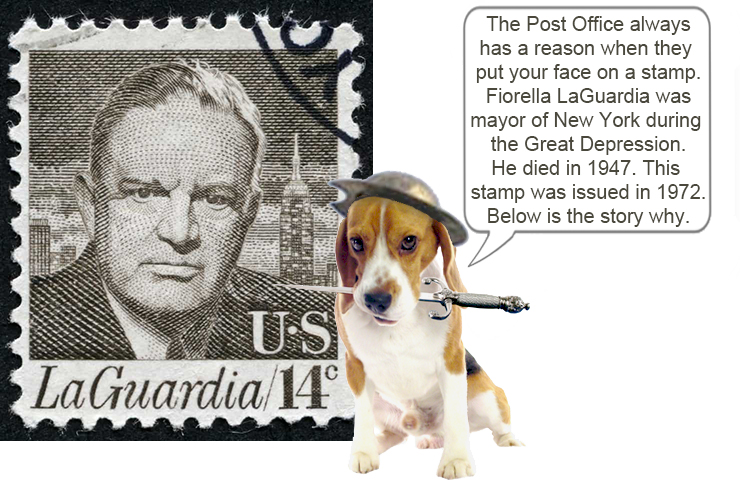
It was a bitterly cold night in January 1935, when the mayor of NYC walked in on night court in the poorest part of the city. He dismissed the judge for the evening and took the bench himself. Within a few minutes, an old woman was brought before him, charged with stealing a loaf of bread.
The shopkeeper from whom she had stolen the bread refused to drop the charges, even though he knew the destitute old woman was caring for her sick daughter and two starving grandchildren after their father deserted the family.
“It’s a really bad neighborhood, your Honor,” the grocer told the mayor. “She’s got to be punished to teach other people around here a lesson.”
The mayor sighed and turned to the old woman, “Ten dollars or ten days in jail.” Before she could respond, he held up a ten-dollar bill and said, “Here is the ten-dollar fine which I now remit.” He tossed it into his famous hat as he said, “and now I’m fining every person in this courtroom fifty cents for living in a town where a woman has to steal bread so that her grandchildren can eat.” He handed the hat to his bailiff. “Mr. Bailiff, collect the fines and give them to the defendant.”
The following day, the newspaper reported that $47.50 was turned over to a bewildered old woman in night court who had stolen a loaf of bread to feed her starving grandchildren. Fifty cents of that amount was contributed by the grocer himself, with the balance collected from petty criminals and New York City policemen.

The entire room gave the mayor a standing ovation.
A few months earlier, he had taken all the children in an orphanage to a New York Yankees baseball game.
He did things like that all the time.
Only five feet, two inches tall, Fiorello La Guardia was a Republican and a good friend of President Franklin D. Roosevelt, a Democrat. During his 3 terms as mayor, La Guardia restored public faith in City Hall, unified the transit system, directed the building of low-cost public housing and public playgrounds and parks, reorganized the police force, defeated the powerful Tammany Hall political machine, and balanced the city’s budget.








